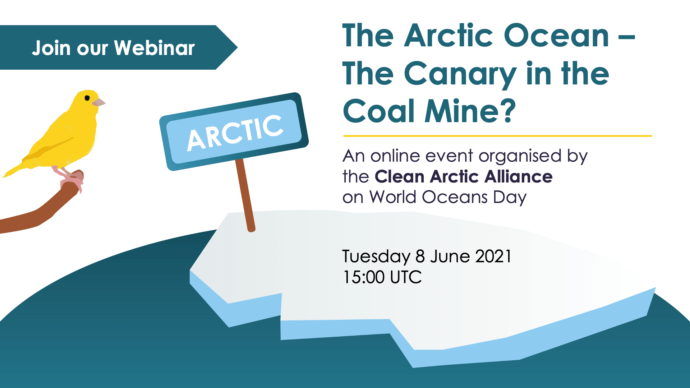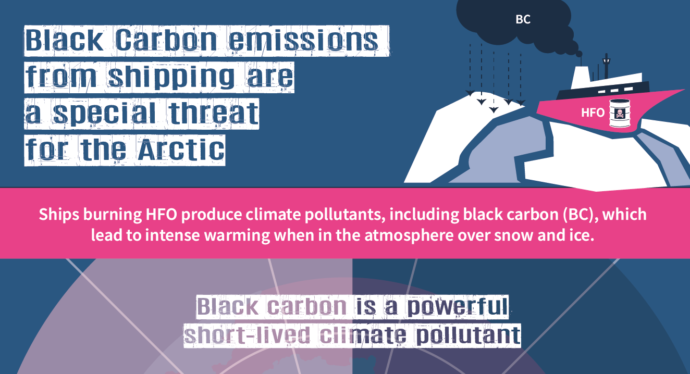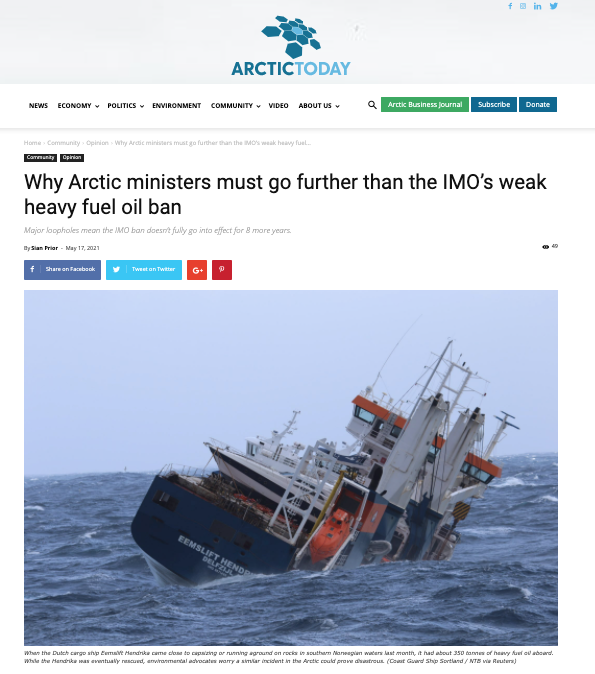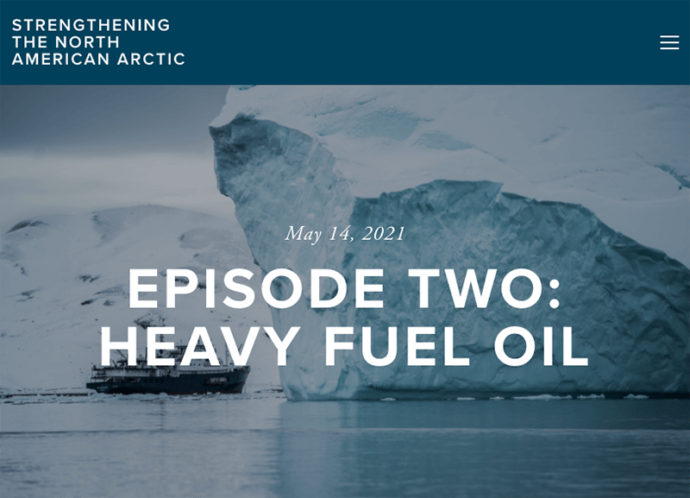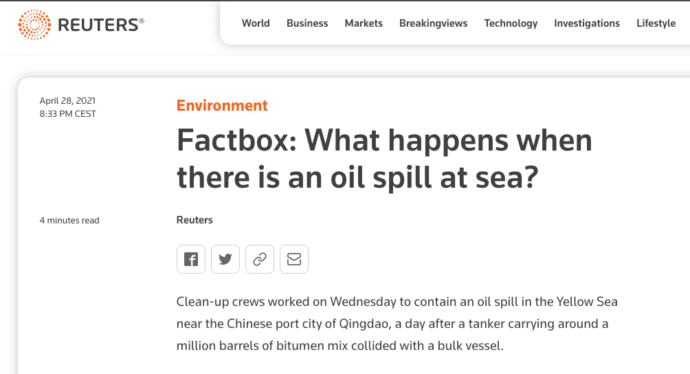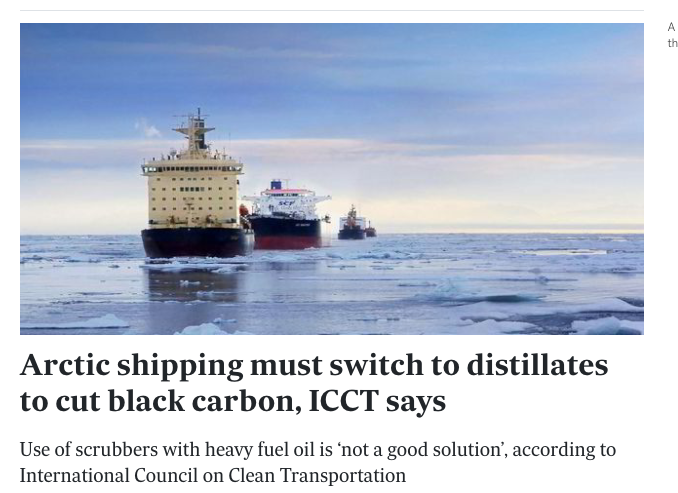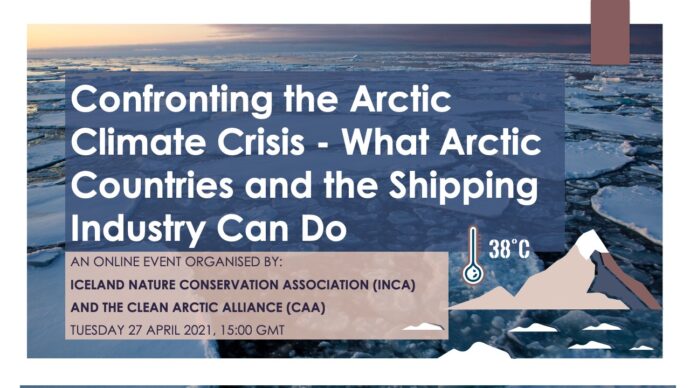“Heavier oils and crude generally don’t evaporate much and instead of dispersing they form emulsions with the sea water, are much more persistent, spread further and will sink and become mixed with sediments or on coastlines will smother the beaches, rocks,” said Sian Prior, lead advisor with the Clean Arctic Alliance coalition, which has sought to ban the use of heavy fuel oil by ships in the sensitive Arctic region.
“Bacteria will work to degrade these oils too but it takes longer. These types of oil spills lead to much greater volumes of oiled material being retrieved as they coat anything.”

